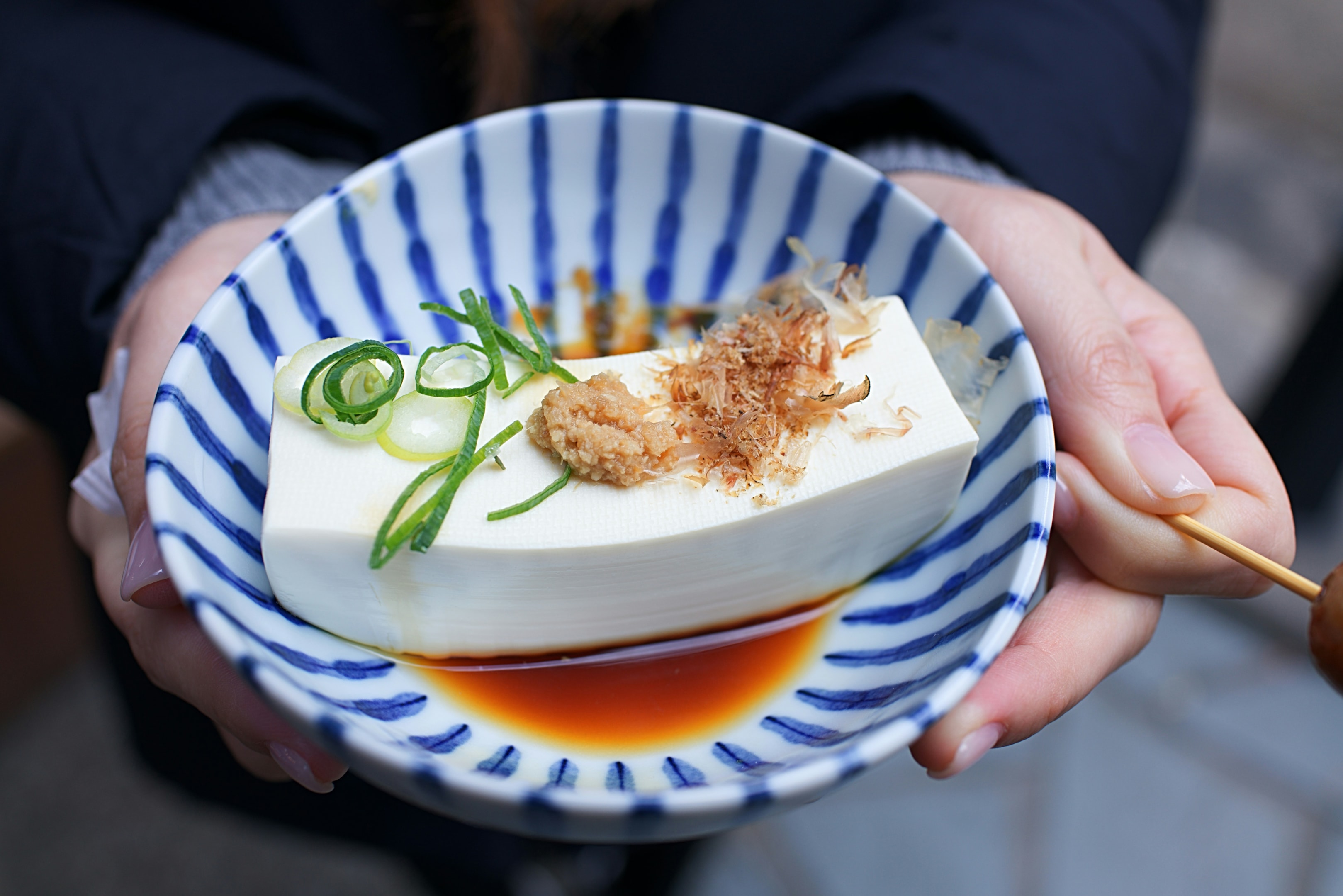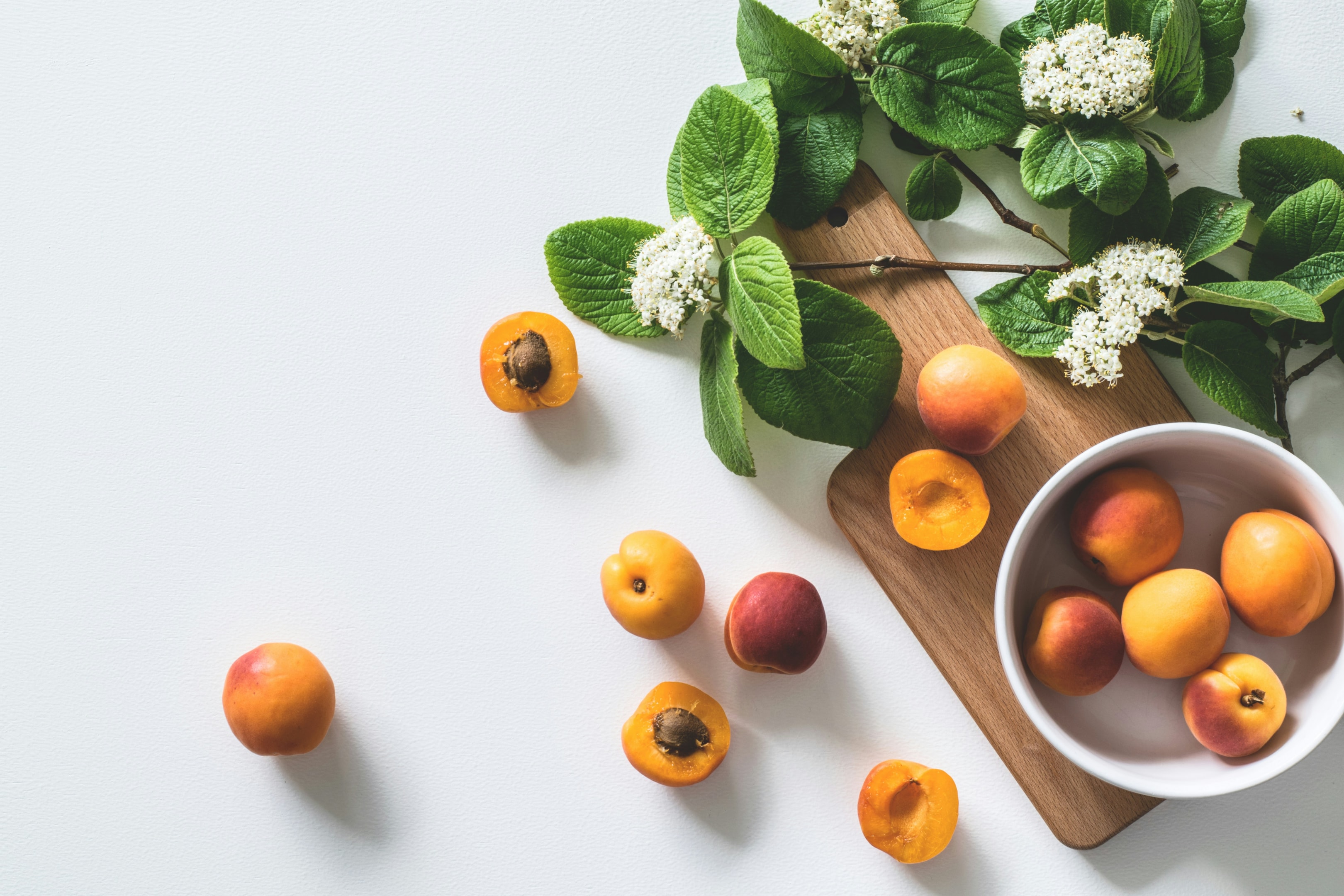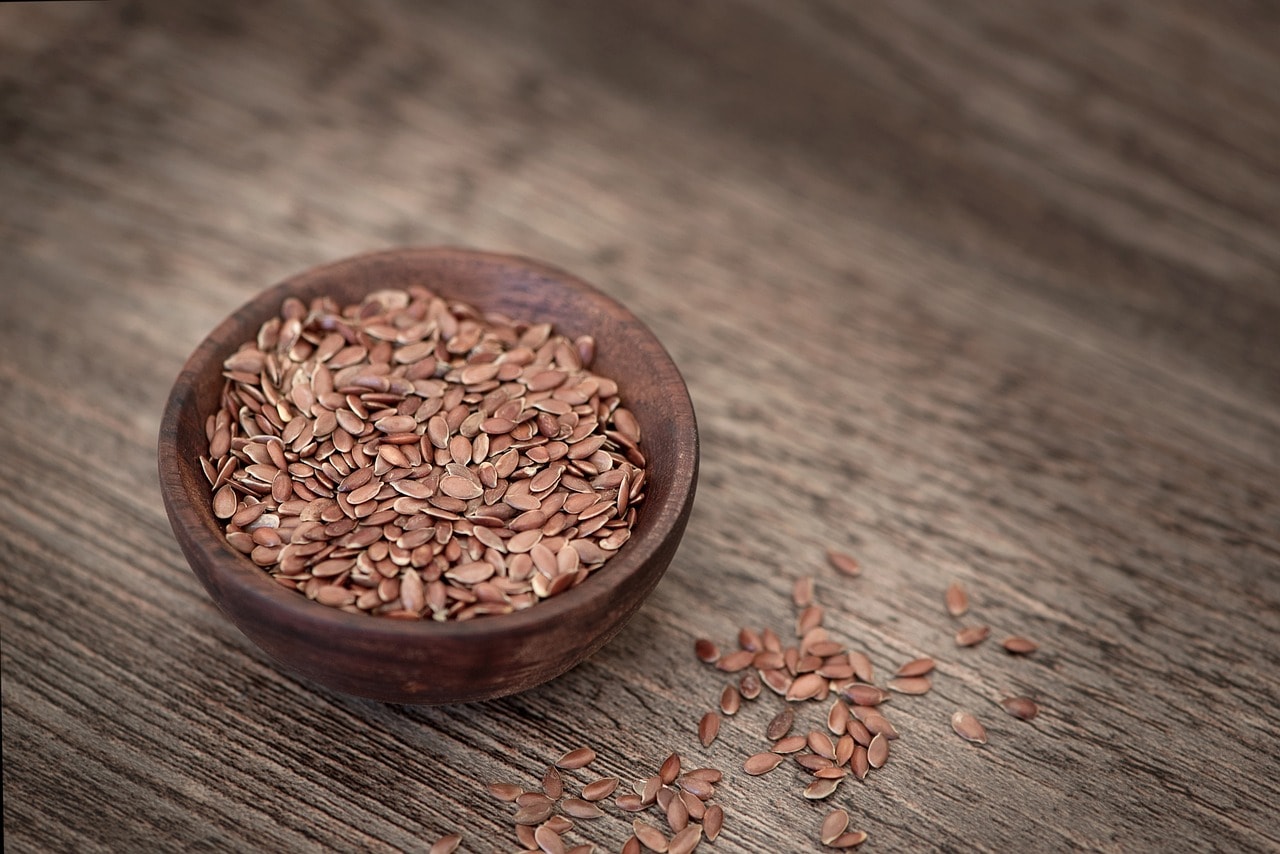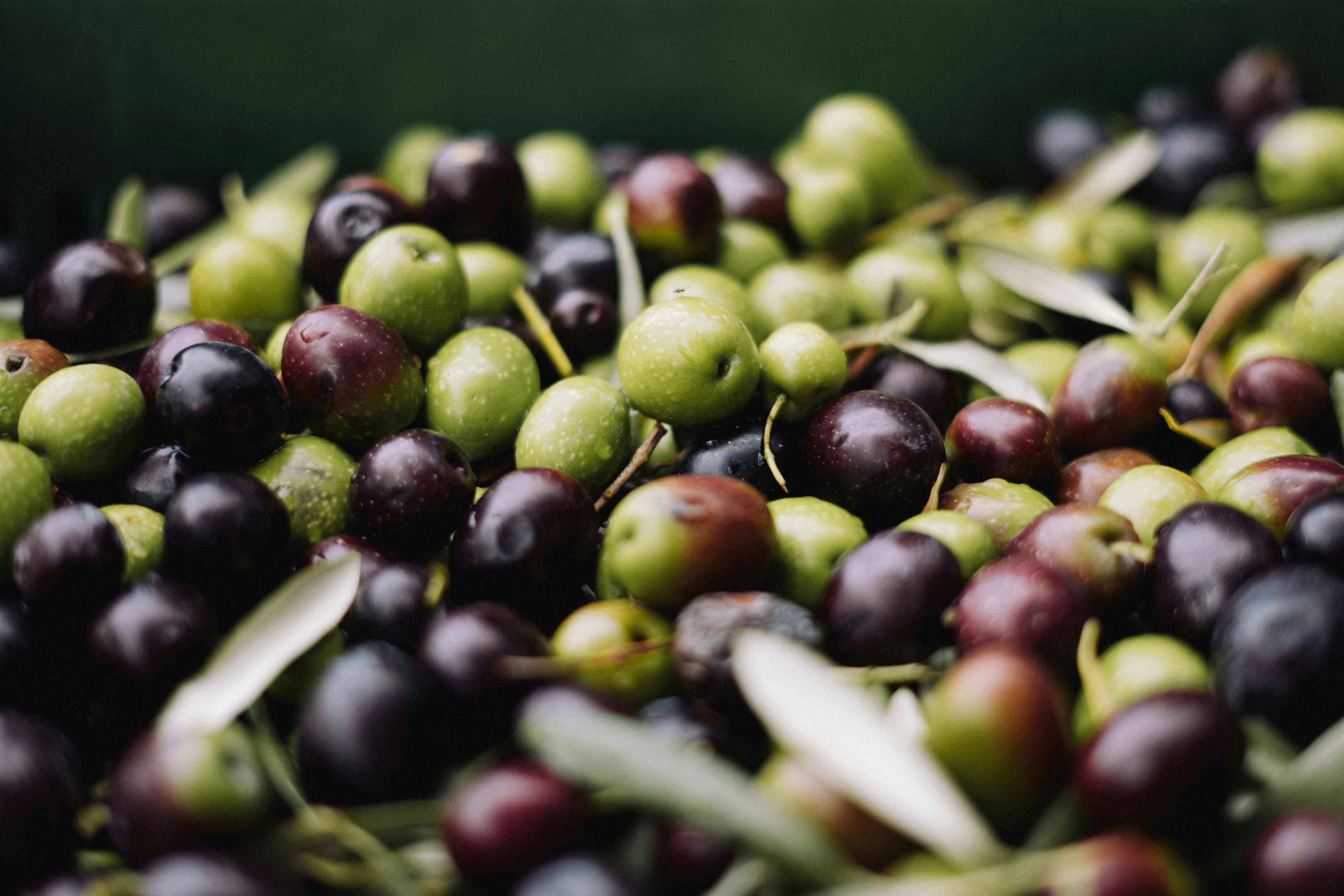
In the complicated world of nutrition and health, antioxidants have emerged as important players in the fight against a variety of diseases, including cancer. Antioxidants are substances in many meals that help protect our cells from free radicals. These are unstable molecules that can damage cellular structures and lead to cancer formation.
Cancer is the largest cause of mortality in the world, and we all know someone who has succumbed to the disease in some form or another. Given the high rate and severity of the risk of cancer, we can look to antioxidants as an important factor in a cancer prevention strategy
Join us in taking a closer look into antioxidants – what they are, how they work, their role in cancer prevention, and where you can find the best dietary antioxidants.

What Are Antioxidants?
Antioxidants are nutrients, some of which the body makes, but mostly, we get them from the food we eat. They repair and prevent cellular damage and protect cells from the harmful effects of oxidative stress.
When we breathe or exercise outside, our bodies produce free radicals, which are unstable atoms. If our environment is full of toxins like pollution, cigarette smoke, and excessive exposure to the sun’s UV rays, then a lot of free radicals are produced in the body. They are also produced from the foods we eat, unhealthy foods lead to greater free radical production. Free radicals move around, causing cellular damage, DNA damage, and chronic inflammation that will eventually lead to an increased risk of chronic diseases like cardiovascular disease and cancer.
Cancer occurs when genetic material in our normal cells starts to undergo DNA changes. This leads to tumor growth, which is abnormal cells that spread to different parts of the body. Antioxidants search for and neutralize free radicals. This protects more cells from harm. This helps to prevent cancer and, in other cases, slow tumor cell growth.
A diet rich in healthy and nutritious food, such as colorful vegetables and fruits, contains plenty of antioxidants, vitamins, and minerals. Taking antioxidant supplements can also increase your antioxidant intake.
Cancer Prevention
Antioxidants in food sources could potentially fight cancer cells and slow cancer progression. This study, Critical Reviews in Food Science and Nutrition on strawberries showed that tumor growth was slowed, and cancer prevention took place in other cases. Other randomized controlled trials in the Journal of Agricultural and Food Chemistry showed that human liver cancer cells were suppressed when participants were given a strawberry extract.
Food Sources
The American Institute of Cancer Research and the American Cancer Society both promote a diet rich in fruits and vegetables. These contain large amounts of antioxidants and phytonutrients, which lower the risk of cancer.
Broccoli, citrus fruits, leafy greens, bananas, sweet potatoes, peas, squashes, seeds, nuts, legumes, tomatoes, bell peppers, and strawberries all contain dietary antioxidants. Try to eat more organically grown foods. The high rate of agricultural pesticides used is linked to carcinogens.
Exogenous Antioxidants
Exogenous antioxidants are compounds gained from outside sources, primarily through diet, which are used to neutralize free radicals and minimize oxidative stress in the body. As opposed to endogenous antioxidants, which are spontaneously created by the body, must be obtained from food or supplementation. These molecules are essential for shielding cells from oxidative stress, which has been related to a variety of chronic diseases such as cancer, cardiovascular disease, and neurological disorders.
Selenium
Selenium is linked to decreasing the risk of specific types of cancers. This review, Selenium Exposure, and Cancer Risk: an Updated Meta-analysis and Meta-regression based on 69 studies on this antioxidant, found that prostate, breast, colon, and lung cancer were the cancers it targeted. This was based on selenium obtained from foods and not via supplementation.
Selenium toxicity can occur but is not common, however, stick to the recommended dietary allowance (RDA) of 55 mcg a day and don’t go over 400 mcg a day. Symptoms of selenium toxicity include muscle soreness, hair loss, tremors, dizziness, facial flushing, nausea, and vomiting.
The best sources of selenium are:
-
Shiitake mushrooms – 97 g in one cup.
-
Sunflower seeds – 48 g in one ounce.
-
Brazil nuts – 5 g in one nut.
Vitamin C (Ascorbic Acid)
The National Cancer Institute(NCI) states that Vitamin C or ascorbic acid may protect you from cancer development in the following areas: cervix, oral cavity, lung, stomach, breast, esophagus, pancreas, and rectum cancer.
The Recommended Daily Allowance (RDA) for Vitamin C is 90 mg for men and 75 mg for women. The USDA Nutrient Database for Standard Reference and the American Dietetic Association have confirmed that the following foods are excellent Vitamin C sources:
-
½ cup cooked broccoli – 58 mg
-
One medium orange – 69 mg
-
1 medium raw red pepper – 226 mg
-
1 cup orange juice – 124 mg
-
1 cup cubed papaya – 86 mg
-
1 medium raw green pepper – 106 mg
-
1 cup raw strawberries – 81 mg
Coenzyme Q10(CoQ10)
Coenzyme Q10 is a fat-soluble nutrient made by the body but is also a powerful dietary antioxidant.
It is recommended to take between 60 and 500 mg a day if needed, with the maximum dosage at 1,200 mg a day. It is recommended that you take it after a meal and at night for better absorption.
Caution is advised when taking high doses as there may be mild side effects, which include heartburn, loss of appetite, nausea, abdominal pain, and diarrhea. It is not advised as a supplement for children, and it’s important to note that it can have an adverse effect on other medications like blood thinners.
Good food sources of coenzyme Q10 per 100g are:
-
Pistachios – 2 mg
-
Peanuts – 2.6 mg
-
Sesame seeds – 1.7mg
-
Broccoli – 0.86 mg
-
Boiled Non-GMO soybeans – 1.2 mg
-
Tofu 0 0.3 mg
-
Soy milk – 0.25 mg

Beta Carotene (Provitamin A)
The American Cancer Society has stated that beta-carotene has the potential power to be a preventative protocol for cancer. It does this by strengthening the white blood cells in the immune system. These stronger white cells then get to work to protect the body against free radical damage. As a primary cancer prevention, it works against neck cancer, stomach, head, lung, breast, and prostate cancers.
Very high doses of beta carotene can cause a condition called carotenosis, which can cause the skin to turn yellow-orange.
There isn’t a specific recommended daily allowance for beta-carotene, however, beta-carotene turns into vitamin A, and the RDA for vitamin A can be followed. For adults 19 years and older, 700 mcg for women and 900 mcg for men is recommended. The upper limit is 3,000 mcg per day. It is important to note that 12 micrograms of dietary beta carotene is equivalent to 1 microgram of retinol (active form of vitamin A).
Food sources of beta-carotene per cup are:
-
Spinach – 1,688 mcg
-
Baked sweet potatoes – 23,018 mcg
-
Cooked peas – 1,216 mcg
-
Romaine lettuce – 2,456 mcg
-
Apricots – 1,696 mcg
-
Cooked butternut squash – 9,369 mcg
-
Fresh mango – 1,056 mcg
-
Cantaloupe – 3,575 mcg
-
Carrots – 10,605 mcg
-
Cooked broccoli – 1,449 mcg
-
Red peppers – 2,420 mcg

Lycopene
Lycopene is a plant nutrient that is a colorant in red fruits like grapefruit and tomatoes. It is also an antioxidant that has been linked with slowing cancer development in breast cancer, lung cancer, and prostate cancer.
This randomized controlled trial from The American Journal of Clinical Nutrition found that after studying 46,719 men over the course of 23 years, those who consumed organic tomato sauce as a cancer treatment had a 30% less chance of developing prostate cancer later in life.
A suggested daily intake of lycopene is 9 to 31 mg per day, and the top food sources per 100 g are:
-
Cooked sweet red peppers – 0.5 mg
-
Sun-dried tomatoes – 45.9 mg
-
Watermelon slice – 4.5 mg
-
Canned tomatoes – 2.7 mg
-
Tomato puree – 21.8 mg
-
Papaya 0 one contains 1.8mg
-
Pink grapefruits – 1.1 mg
-
Guava – one contains 5.2 mg
-
Fresh tomatoes – one contains 3 mg
Zinc
Zinc is a trace mineral that is found in every cell of the body and is responsible for many biological functions. The immune system needs zinc to function properly. It helps to preserve immune system integrity, promotes immune cell formation, and aids in the battle against infections and disorders.
Only a small amount of zinc is needed daily. The recommended daily allowance is 8 to 11 mg for adults, but if you are taking a zinc antioxidant supplement, do not exceed 40 mg a day over a long period of time.
As a cancer drug, zinc has been linked with esophageal cancer by preventing cancer cells from growing and is conveniently abundant in various foods.
Foods high in zinc per one cup:
-
Asparagus – 0.7 mg
-
Cooked chickpeas – 2.53 mg
-
Black beans – 1 mg
-
Flax seeds – 1.2 mg
-
Blackberries – 0.8 mg
-
Raw lentils – 6 mg
-
Avocados – 1mg
-
Cooked spinach – 1.4 mg
-
Sesame seeds – 2.2 mg
-
Banana – 0.2 mg
-
Cooked Shiitake mushrooms – 1.9 mg
-
Cashews – 1.6 mg
-
Green peas – 1.2 mg
-
Kiwi – 0.2 mg
-
Pumpkin seeds – 2 mg
-
Kidney beans – 1.8mg
-
Apricots – 0.3 mg

It is important to note that phytates, found in whole grains, legumes, and seeds, can bind to zinc, inhibiting its absorption. Soaking, fermenting, or sprouting these foods can help lower phytate levels and enhance zinc absorption.
Vitamin E
Vitamin E is a potent antioxidant that protects cells from free radicals, additionally, it also builds cells, particularly red blood cells. As a cancer treatment, it may protect against colorectal cancer and prostate cancer.
Vitamin E is fat-soluble, and excess is stored in the body. The recommended dietary allowance is 15 mg, with the upper limit at 1,000 mg a day.
Vitamin E is a vital component with strong antioxidant effects that protect cells from harm, boost immunological function, and improve general health. Including a range of Vitamin E-rich foods in your diet will help ensure you get enough of this essential nutrient, supporting everything from skin health to cardiovascular and cognitive function. Take caution to not take more than the upper daily limit, as too much vitamin E may interfere with the workings of other fat-soluble vitamins in the body. Other medications like blood thinners may have harmful effects when taking supplements concurrently with them.
Food sources high in vitamin E are:
-
1 ounce of dry roasted peanuts – 2.2 mg
-
Half an avocado – 2.1 mg
-
1 tablespoon hazelnut oil – 6.4 mg
-
1 medium red sweet pepper – 1.9 mg
-
1 ounce of dry roasted hazelnuts – 4.3 mg
-
Half a mamey sapote – 5.9 mg
-
1 ounce of dry roasted sunflower seeds – 7.4 mg
-
1 tablespoon of almond oil – 5.3 mg
-
One cup raw turnip greens – 1.6mg
-
One medium kiwi – 1.1 mg
Polyphenols
Polyphenols are micronutrients found in plants that have numerous health benefits including potentially decreasing the risk of cancer development. A systematic review conducted by Translational Cancer Research found a connection between the consumption of polyphenols in food and cancer prevention.
There aren’t any dietary guidelines for polyphenols, but taking supplements in very high amounts could lead to reactions to other medications.
Foods rich in this antioxidant per 100 g are:
-
Cloves – 15,188 mg
-
Black chokeberry – 1.7 g
-
Star anise – 5,460 mg
-
Elderberries – 1.191 mg
-
Soyb flour – 466 mg
-
Blackcurrants – 560 mg
-
Flaxseed – 1.528 mg
-
Blueberries – 525 mg
-
Chestnuts – 1,215 mg
-
Blackberries – 248 mg
-
Hazelnuts – 495 mg
-
Green olives – 346 mg
-
Globe artichokes – 260 mg
-
Black Olives – 569 mg

Antioxidant Supplements
Antioxidant supplements gained popularity after cancer research discovered the beneficial effects of antioxidants as a cancer treatment. Additionally, antioxidant supplements are common dietary additives that seek to supply the body with substances that neutralize free radicals and minimize oxidative stress.
Antioxidant supplements can be a useful addition to a healthy lifestyle, supporting numerous areas of health by lowering oxidative stress and increasing cellular protection. However, they should be used carefully and preferably under the supervision of a healthcare provider, especially if you have underlying health concerns or are taking other medications. A well-balanced diet high in natural antioxidants remains the finest foundation for overall health.
Considerations and Risks
Balanced Diet:
A diet high in fruits, vegetables, and nuts, naturally contains a variety of antioxidants. Supplements are not intended to replace a well-balanced diet, but rather to supplement it.
Dosage:
Excessive intake of certain antioxidants can be dangerous. For example, excessive vitamin E intake may raise the risk of bleeding.
Interactions:
Antioxidant supplements may interact with drugs and other supplements. Before beginning any new supplement regimen, you should contact your healthcare professional.
Quality:
Choose high-quality supplements from well-known brands to assure purity, potency, and safety.
Cancer Patients
Nutrition is very important, especially for cancer patients. Eating a varied and balanced meal can help fight off chronic diseases and increase much-needed calorie intake. Consuming antioxidant-rich foods protects the body and improves the immune system.
However, this does not imply that dietary antioxidants should always be consumed as the chosen protocol. Antioxidant supplements can have negative consequences for cancer patients on the contrary. Certain antioxidants can have an adverse effect on cancer therapies and potentially exacerbate cancer symptoms.
Chemotherapy or Radiation Therapy
Both chemotherapy and radiation therapy kill cancer cells or cause them enough damage that they can’t cause any more harm. Antioxidants may protect cancer cells negating the treatment effects.
Consumption of antioxidants must be decreased at least a week before therapy, during, and up to two weeks after.
Foods Rich in Antioxidants
It is recommended that cancer patients maintain a healthy diet that includes foods rich in antioxidants. However, be wary of consuming foods that contain excessive amounts, such as kiwis, Brazil Nuts, and oranges.
Lung Cancer
Antioxidants are beneficial in preventing several types of cancer, but only when consuming them in foods. Supplements have been found to have an adverse effect on cancer prevention, in particular, vitamin C and vitamin E supplements can cause an increased risk of lung cancer.
Laboratory and animal studies in Science Direct found a link between higher doses of antioxidant supplement use and lung cancer.
Key Takeaways
In conclusion, the role of antioxidants in cancer prevention is a varied and dynamic field of study with considerable potential. Antioxidants have the potential to lower oxidative stress, which has been linked to cancer formation and progression. Both epidemiological and laboratory studies provide persuasive evidence that a diet high in antioxidant-rich fruits a vegetables may lead to a lower risk of many cancers.
However, it is critical to approach this subject with a balanced mindset. While dietary antioxidants tend to have protective effects, clinical trials with antioxidant supplements have resulted in conflicting outcomes. This shows the complexity of antioxidant interactions within the body, emphasizing the need for greater research to clarify the outcome of consuming antioxidant supplements.


